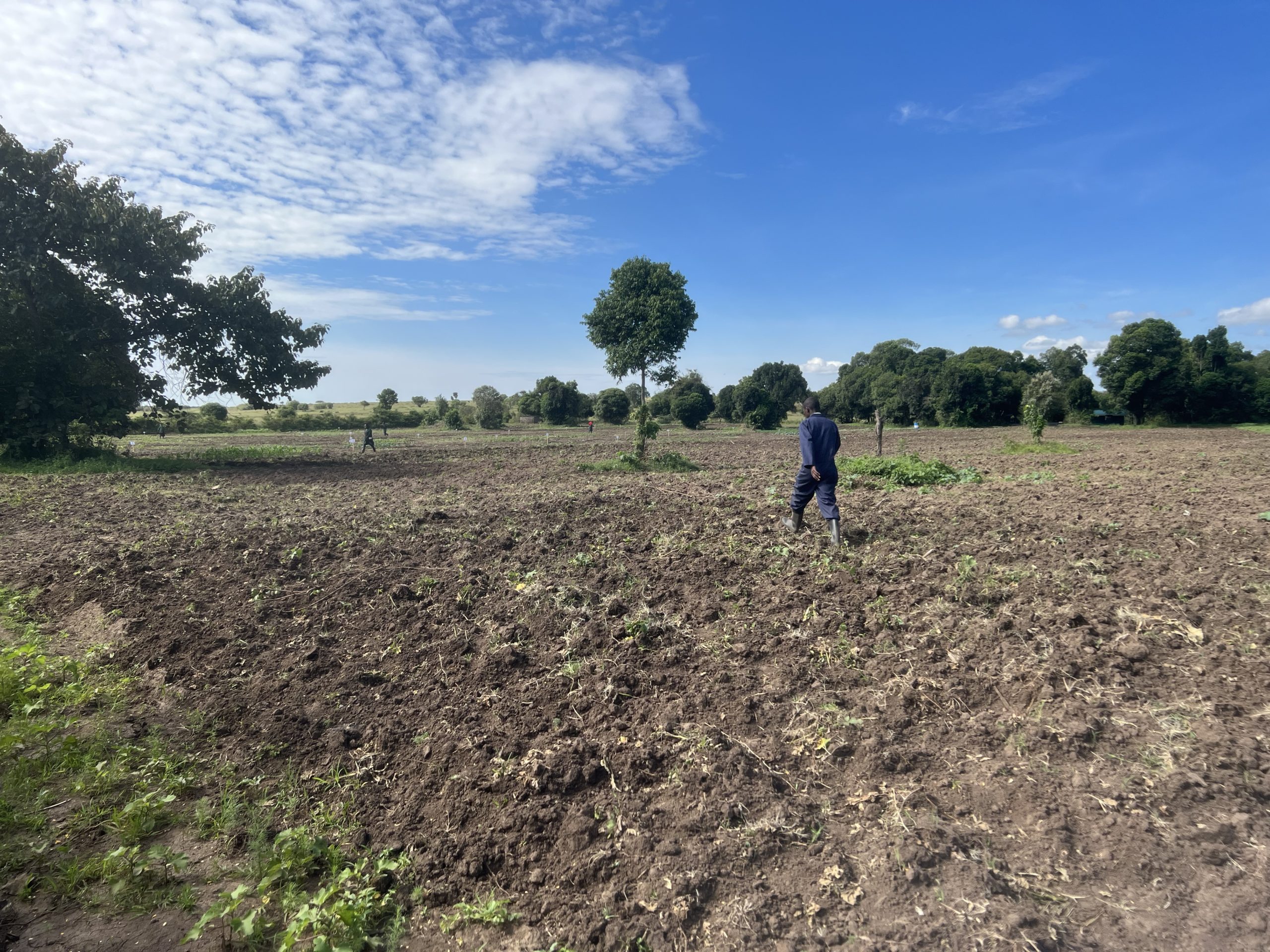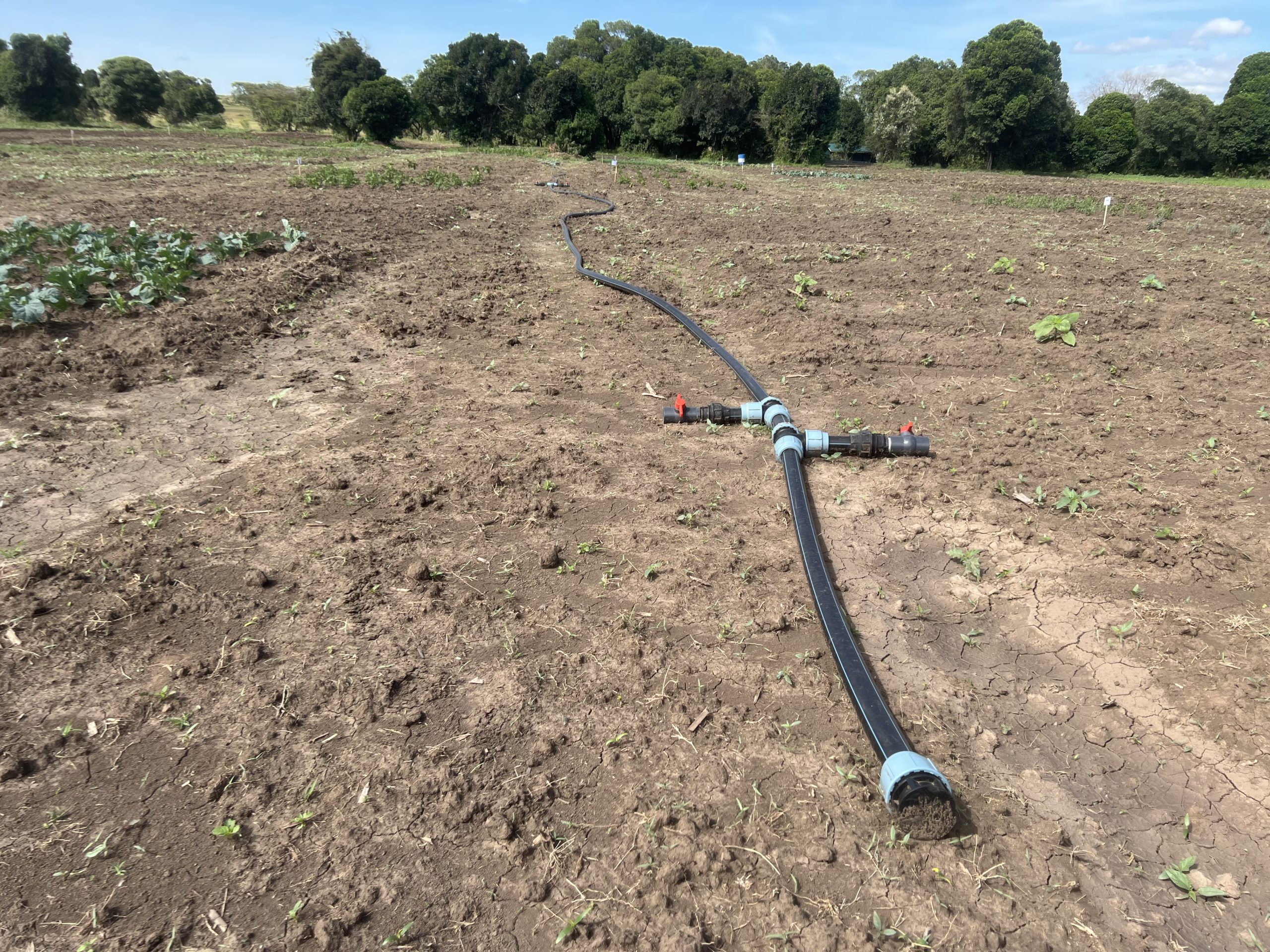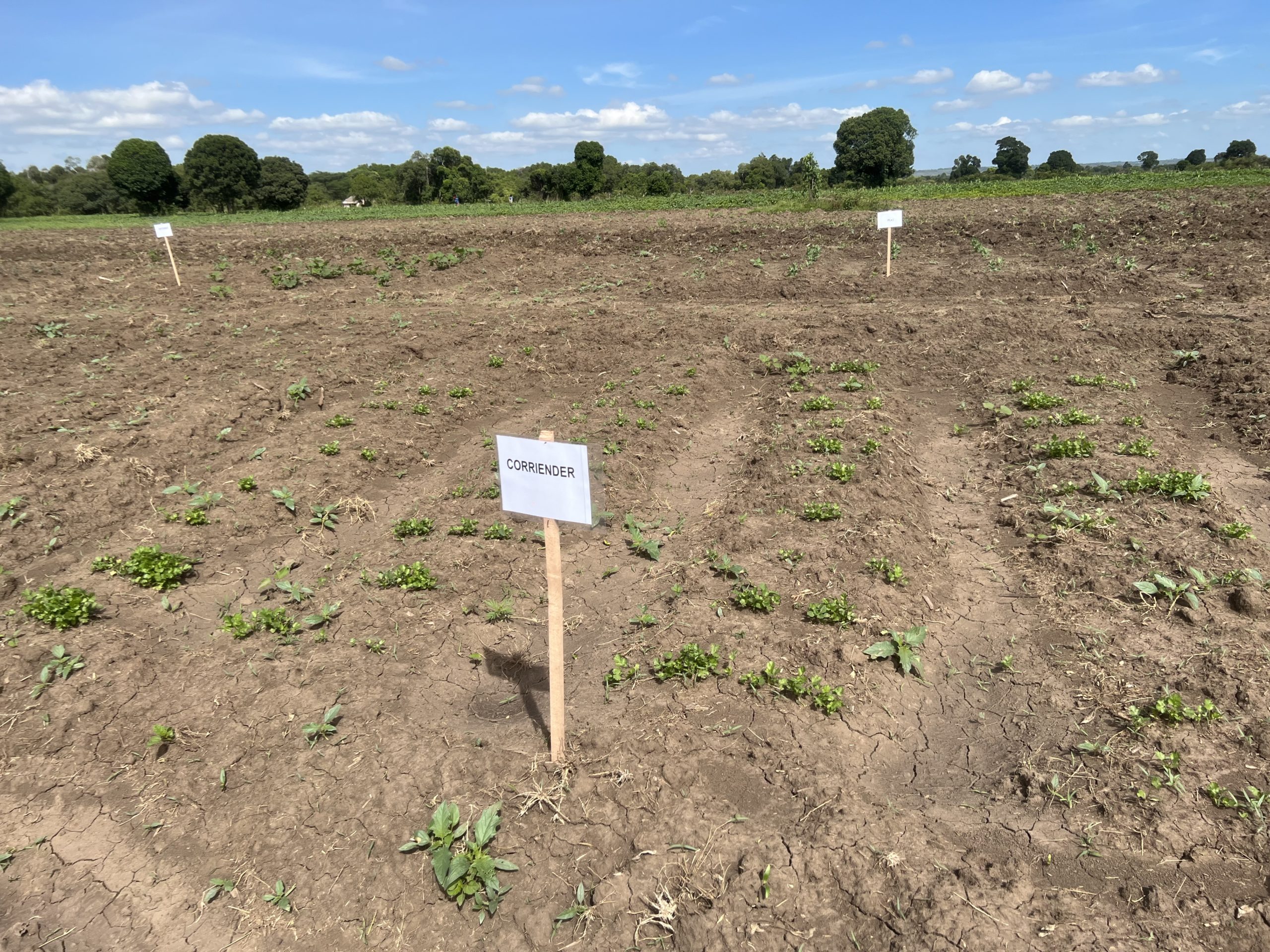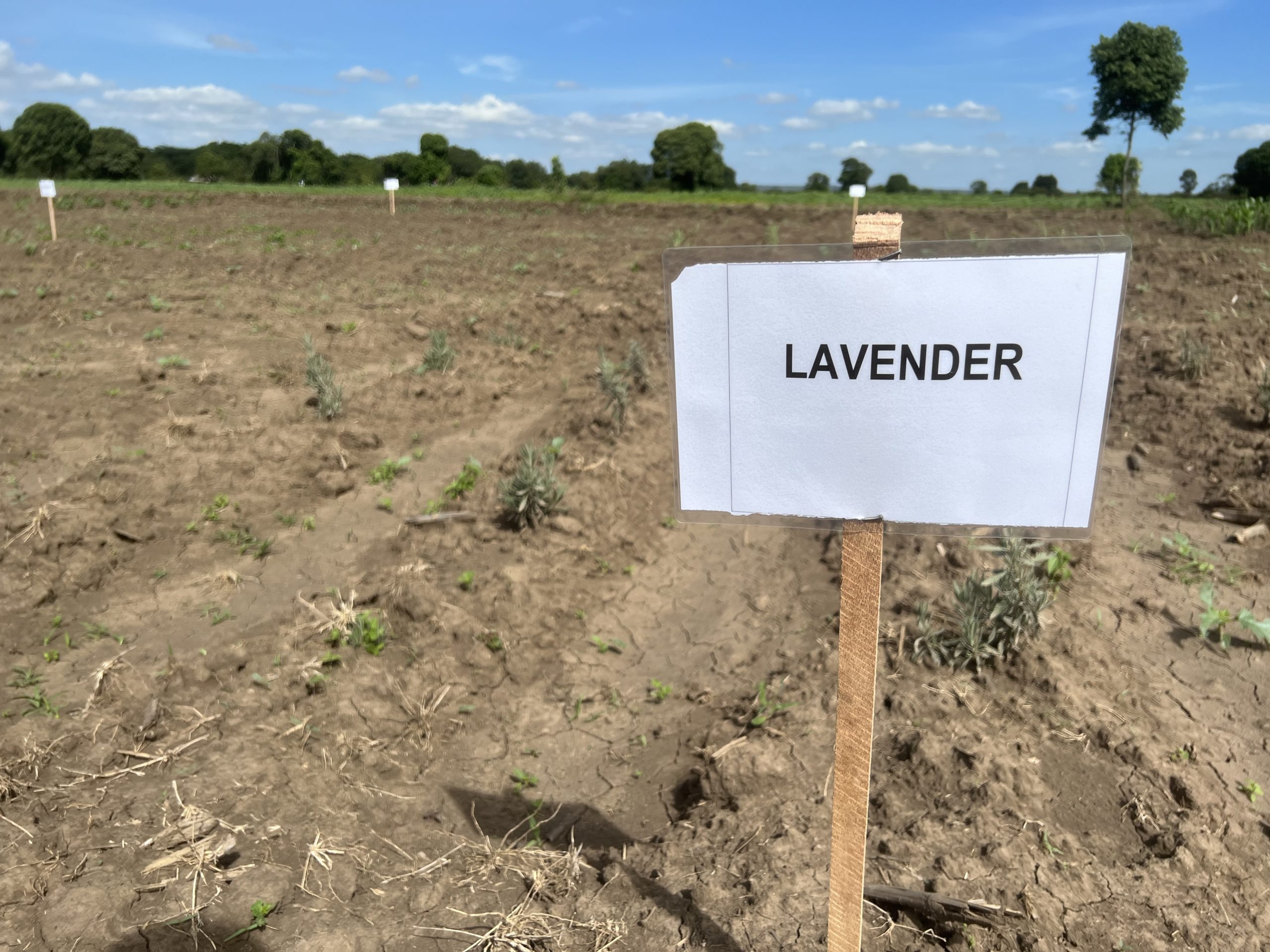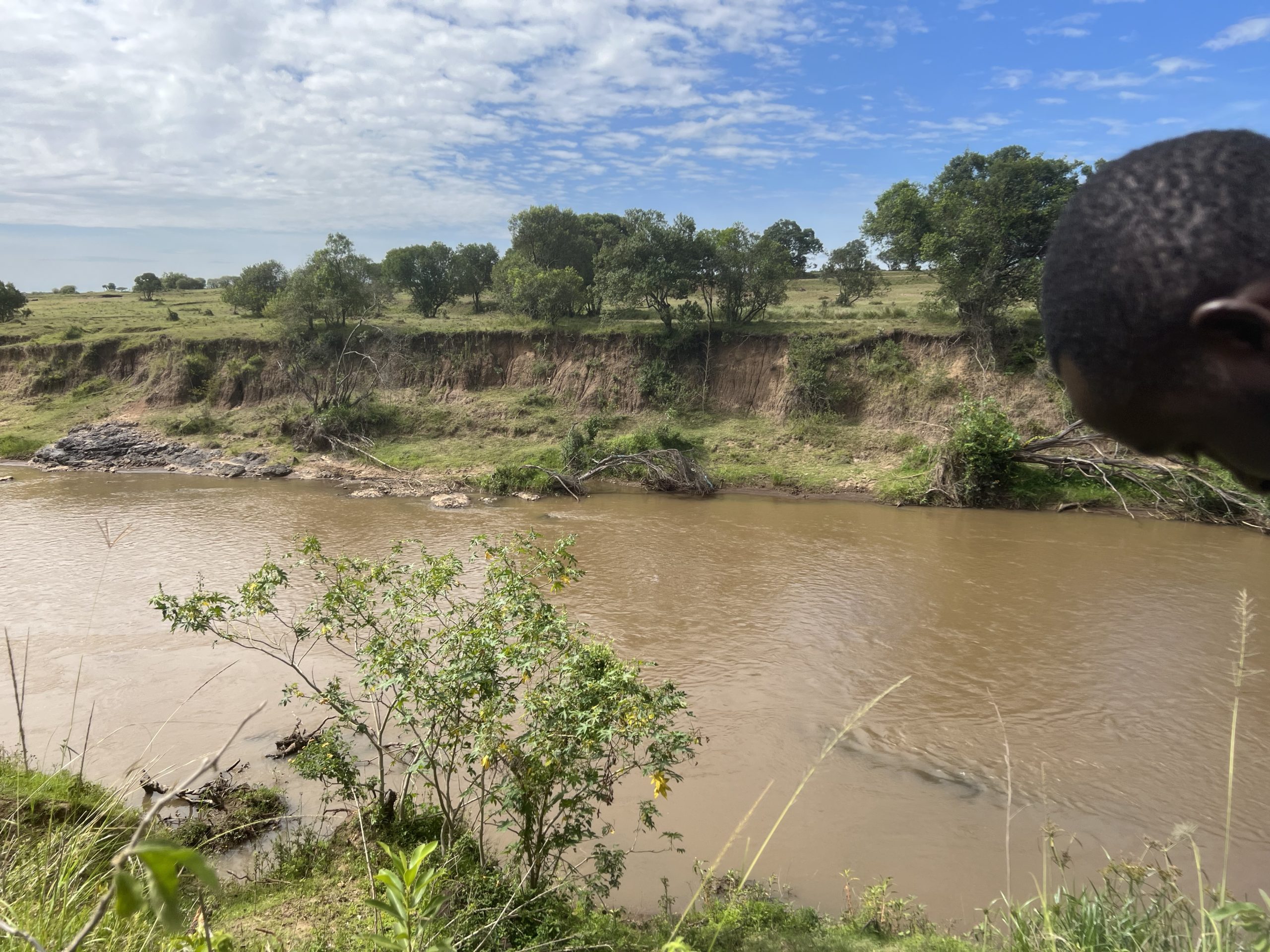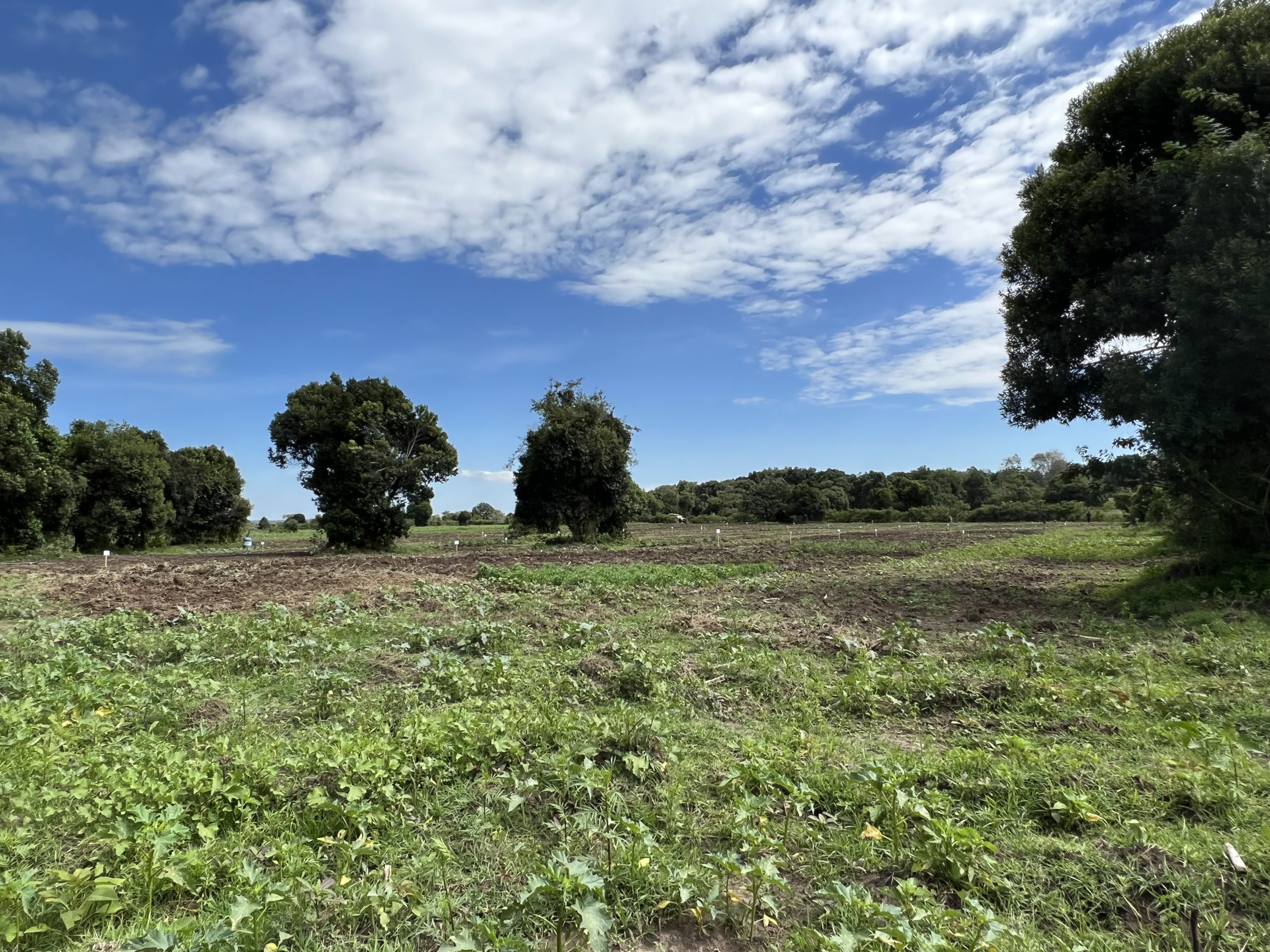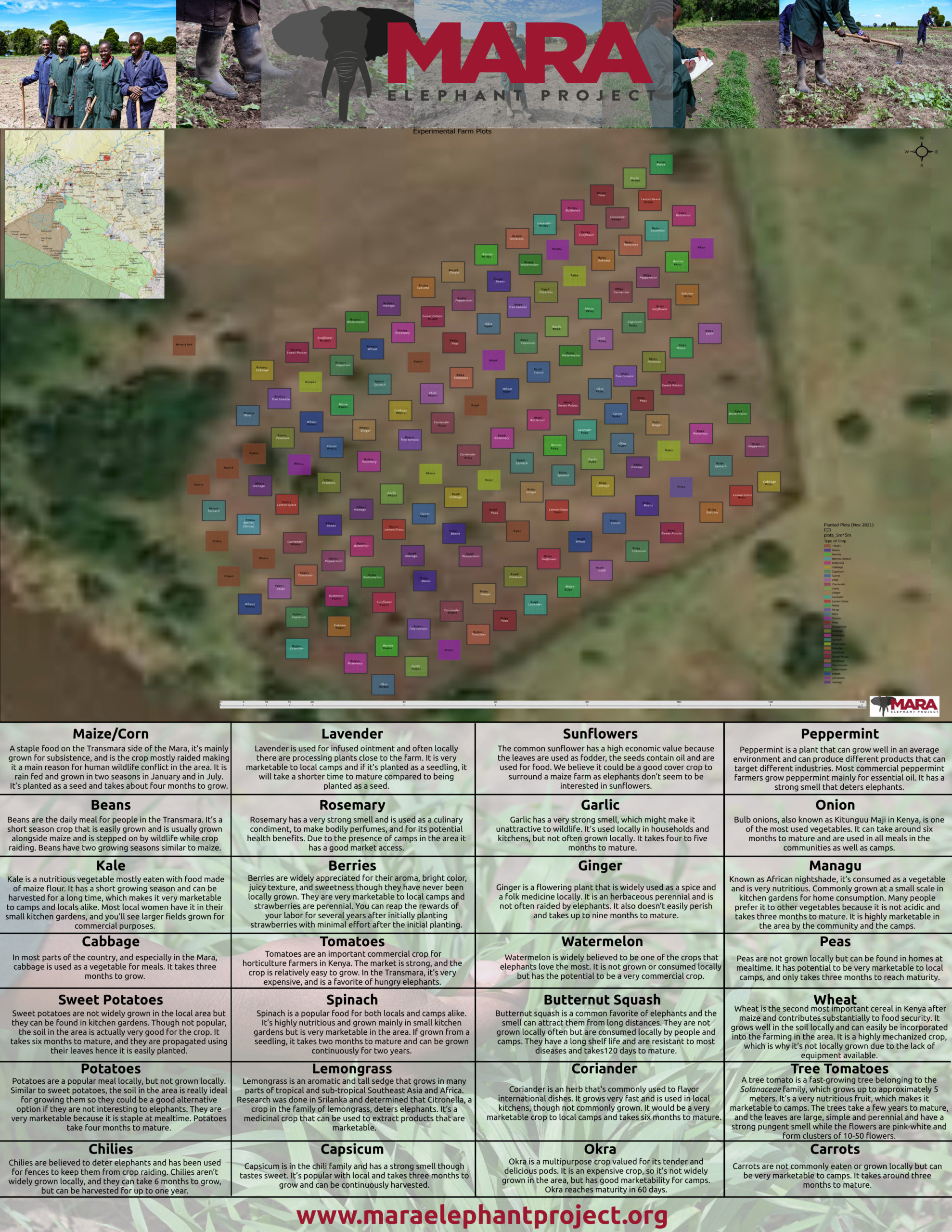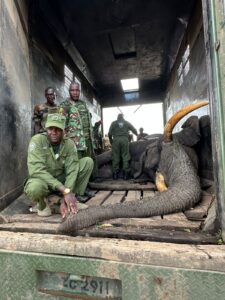The Mara Elephant Project Experimental Farm launched in August 2021 with the goal of determining elephant selection for agricultural crop types in order to trial low-cost solutions to make a traditional subsistence farm elephant friendly. MEP wants to be able to develop agricultural best practices specific to the Mara along a human-wildlife interface.
The MEP Experimental Farm is a 5-acre plot of land located in a conflict hotspot where farms reside across the Mara River from protected land tempting elephants to capitalize on the opportunity to cross the iconic river and raid the farmland. Understanding agricultural crop selection by crop-raiding elephants is a critical component to mitigating human-elephant conflict. Since 2017, MEP has mitigated 200 crop raiding incidents involving traditionally grown agricultural types. Destruction of crops is economically ruinous to small-scale farmers and leads to harmful human-elephant conflict as elephants often sustain injuries while raiding and it stokes negative human perceptions leading to conservation challenges.
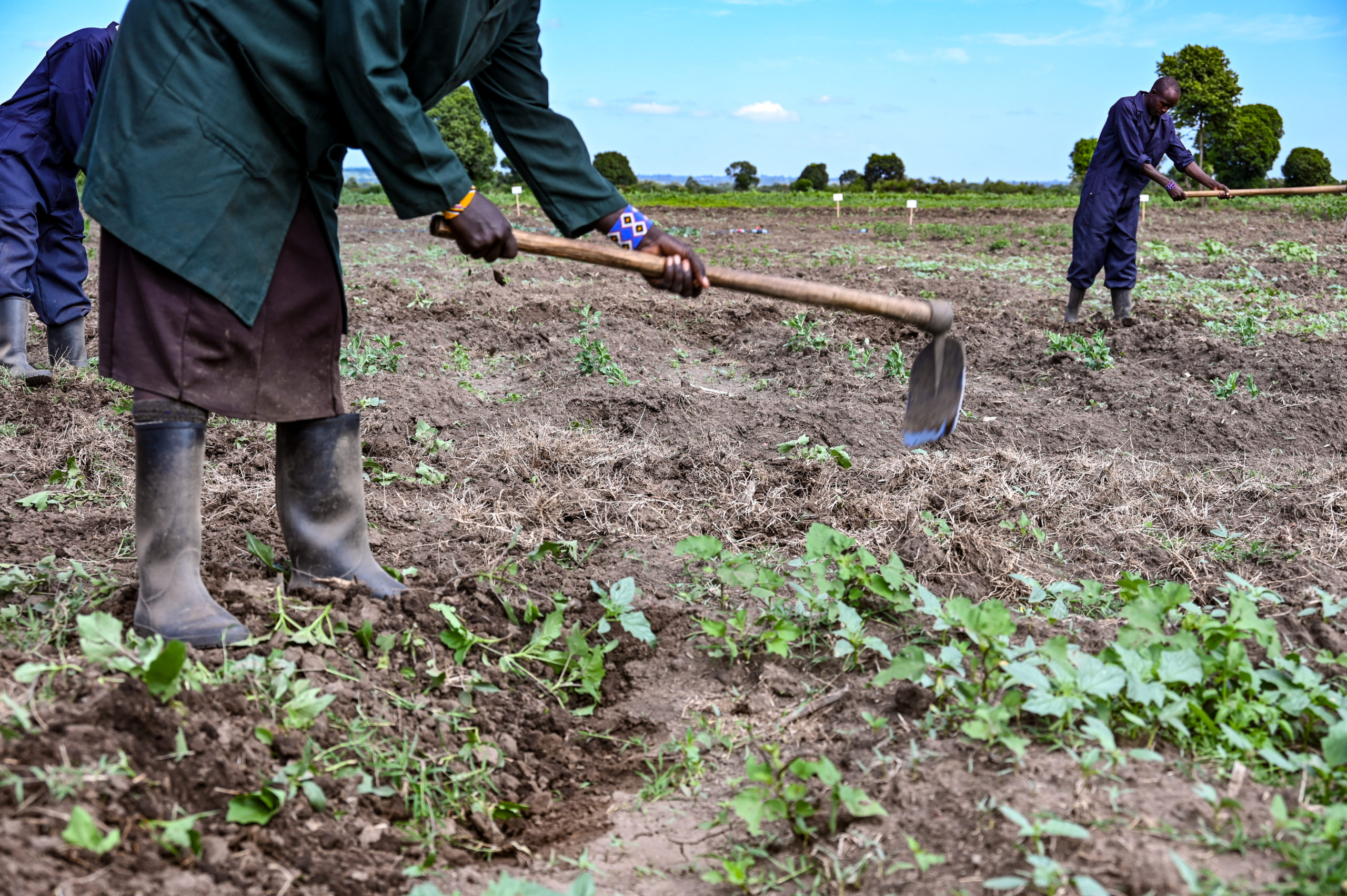
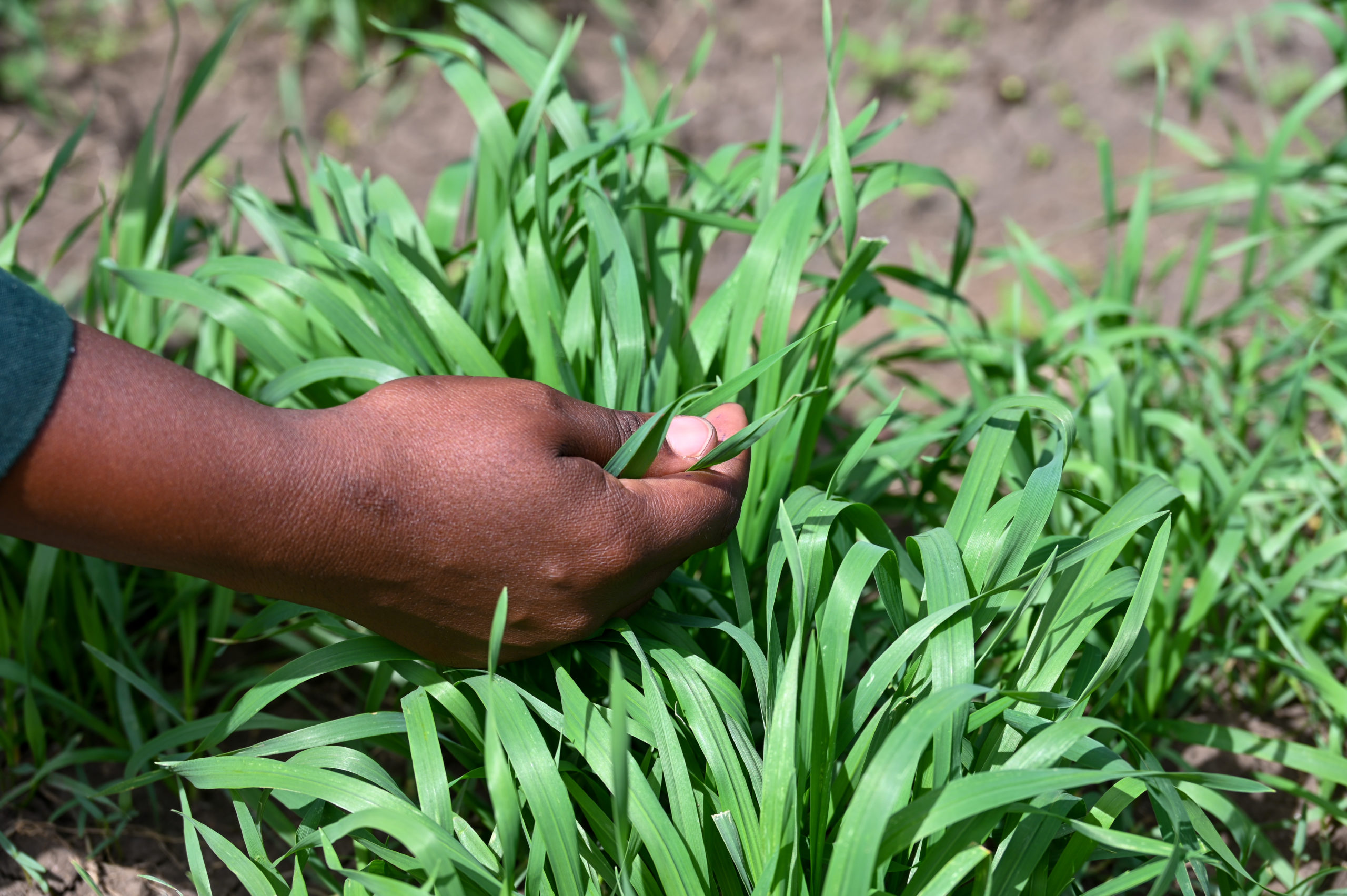
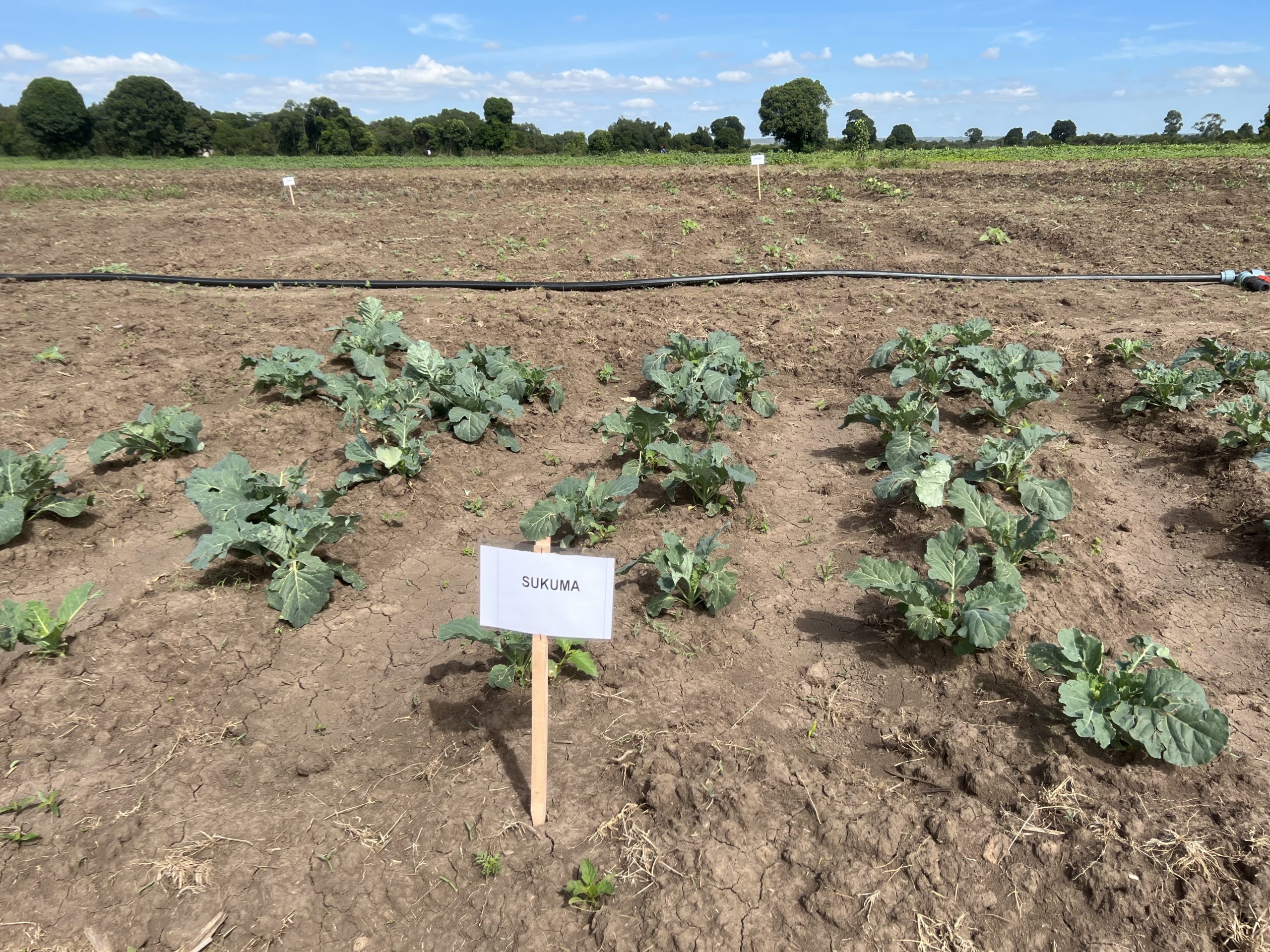
To address these issues, MEP is exploring alternative crop scenarios that might help to reduce elephant crop-raiding pressure and diversify financial income for local farmers. A number of alternative crop types have been anecdotally identified but these have never been trialed in situ within an experimental methodology. Experimental Farm Manager Abigael Simaloi Partet and her team of four farm researchers are all local to the area and understand the importance of finding a long-term solution to conflict.
“In the end, our goal is to reduce the conflict between elephants and the community especially in the communities that rely heavily on agriculture.”
Abigael Simaloi Partet
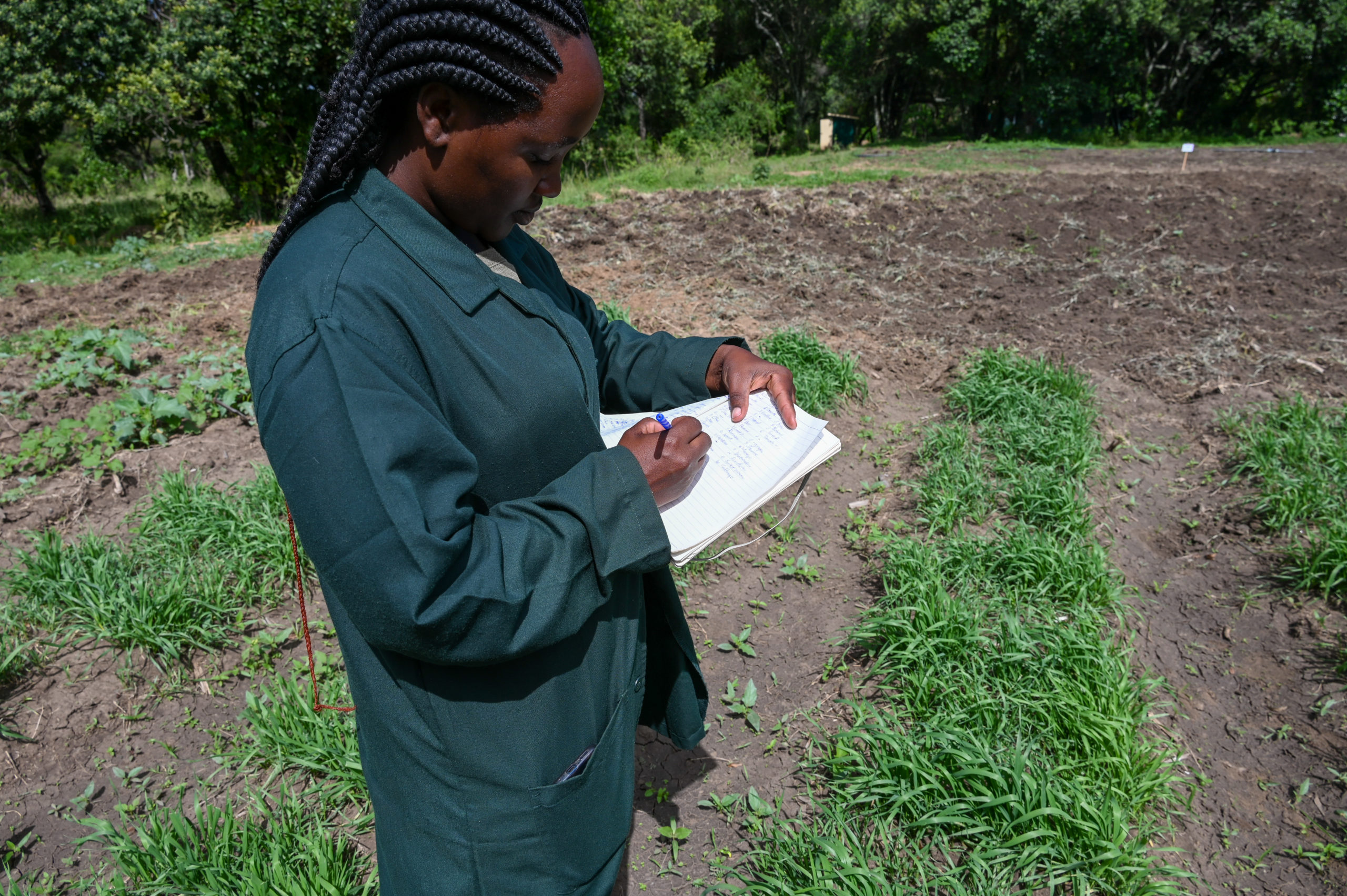
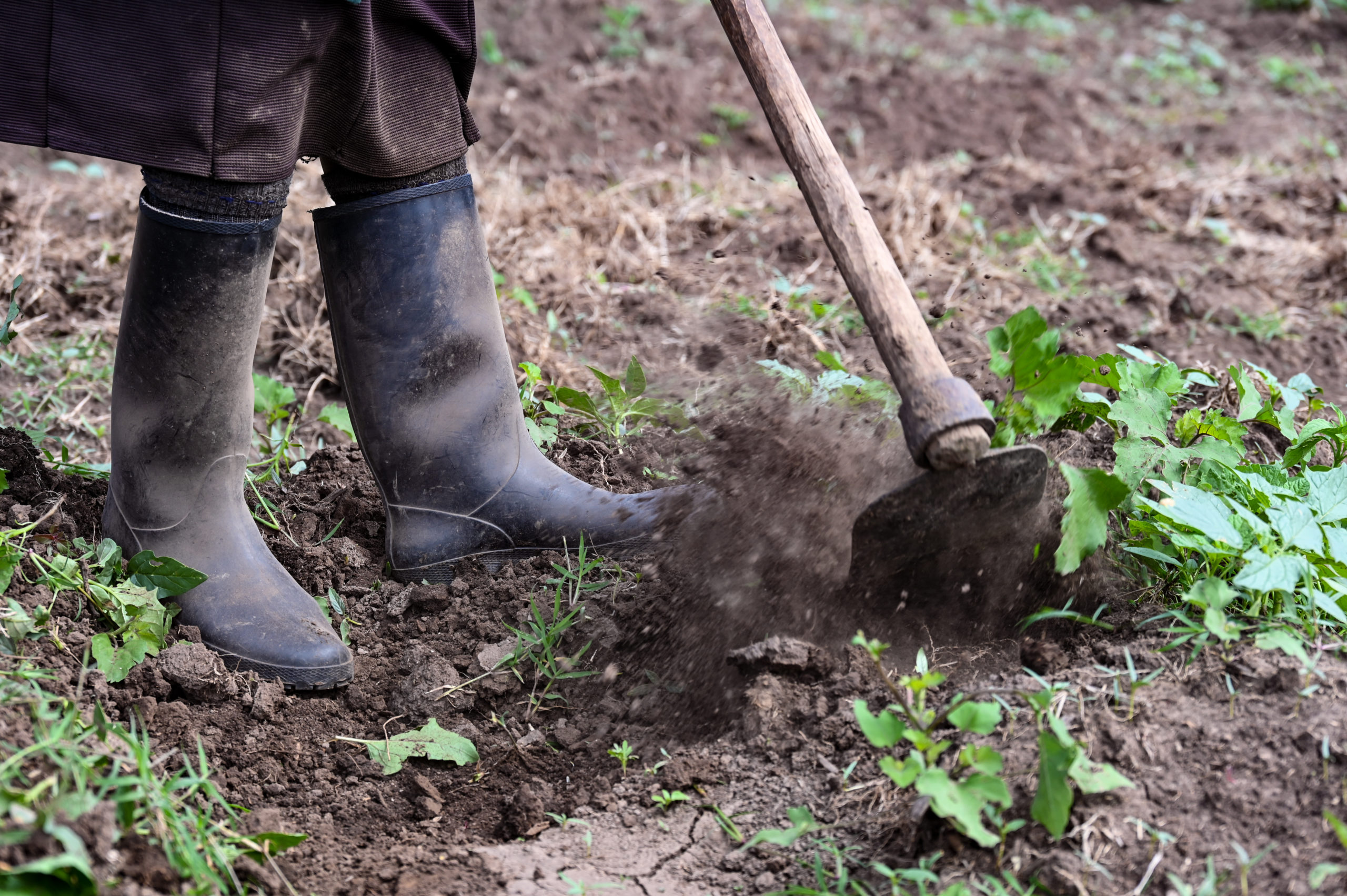
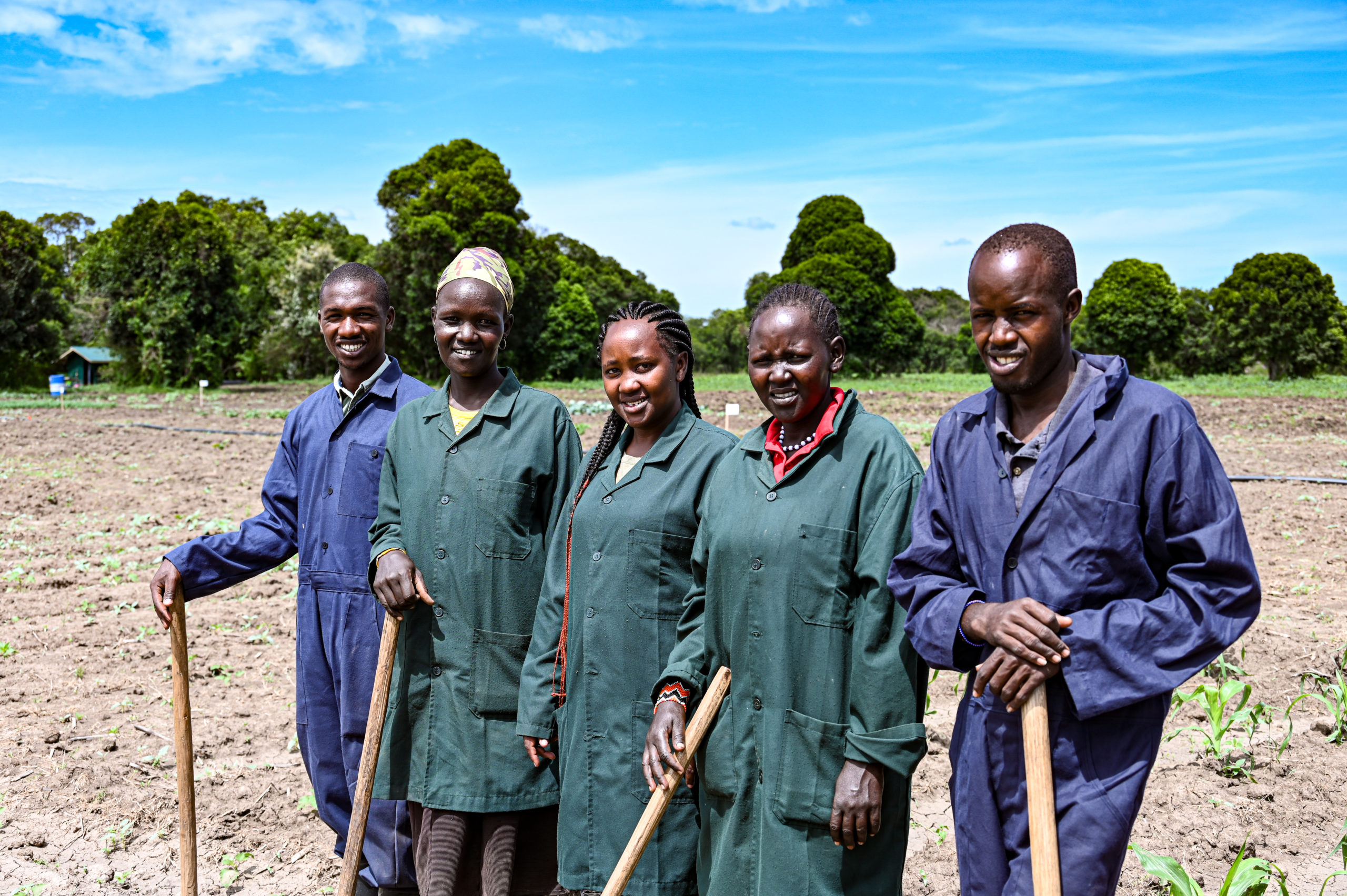
The key is to engage the nearby community frustrated with crop raiding elephants. So, right in the beginning the team held a community meeting for 45 total community members to tell them about the farm’s objectives and goals. The community was very interested and engaged and thankful that someone is looking into a longer-term solution to resolving conflict.
The MEP Experimental Farm consists of 28 total crop types that are planted in blocks creating a grid that is easy to collect data on to show crop raiding. The crops are all organic and the soil is fertilized based on the composition after extensive testing by Abigael and her team. Currently, they are in the crop selection phase of the process and have planted the crops and are encouraging them to grow to see what comes to eat them. So far, the farm has mostly been raided by vervet monkeys, hippos and birds. There was one elephant visit when a herd raided the farm on November 16 and ate tomatoes, maize and butternut squash.
They also have their own nursery where they are growing seedlings from the more expensive crop types in order to make keep future costs down and potentially market seedlings to nearby camps and communities.
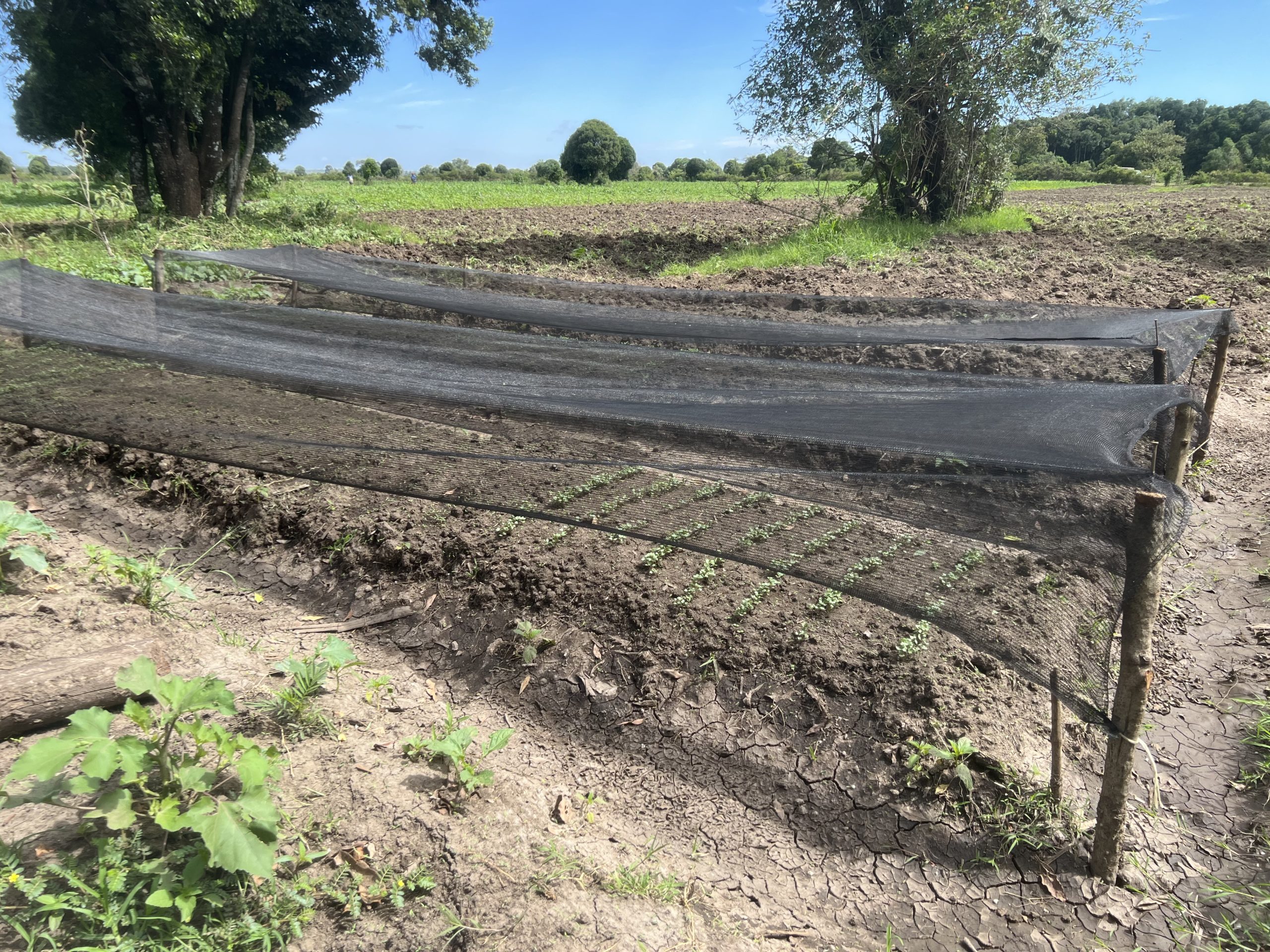


“Having our own nursery actually saves money. We go and buy a few of the expensive seeds we need, then we can cultivate and grow them here so in the long-term it doesn’t cost us as much. It might also one day be interesting to camps or local community members to buy our seedlings and plant them.”
Abigael Simaloi Partet
Keeping everything watered is extremely important, but beyond the reasons you might think. The wet soil is actually a great detective in that it can capture an animal’s footprints at night and allows the team of researchers to note which animal was crop raiding in the dark.
They will not intervene on a block of crops being raided for up to five incidents, then, after that, they will start to actively protect crops from a given species, all the while taking extensive notes.
“We live in the Mara and have some of the best soil in the world to grow crops; however, the crops we’re growing are inviting in elephants from afar, things like watermelon or squash. We have to find an alternative to growing maize, a more traditional item, that can be used for our livelihood and won’t be attractive to elephants and other pests.”
Abigael Simaloi Partet
We are excited to bring you updates on the experimental farm in 2022. MEP is grateful to our research partners Kenya Wildlife Service, Wildlife Research and Training Institute, Narok Country Government and Maasai Mara Wildlife Conservancies Association.
